Respiratory syncytial virus (RSV) is a common respiratory virus that infects the nose, throat, lungs, and airway passages. RSV spreads via contact with respiratory droplets from an infected person or via touching surfaces contaminated with the virus and then touching your eyes, nose, or mouth.
RSV is the leading cause of lower respiratory tract infections in infants and young children.
However older adults can also contract RSV.
As per the CDC, RSV is responsible for estimated 60,000-120,000 hospitalizations and about 6,000-10,000 deaths in older adults in the United States.
Which adults are at highest risk for a severe RSV infection?
- Older adults, especially over the age of 65
- Adults with chronic heart or lung disease
- Adults with weakened immune systems
Severe RSV Infection in Adults
Most adults who contract RSV infection develop mild cold-like symptoms such as runny nose, coughing, sneezing, fever. Healthy adults may have very mild symptoms but still can spread RSV to others. Some adults at high risk can progress to an RSV pneumonia.
Those infected with RSV are usually contagious for 3 to 8 days. People typically require 1 to 2 weeks to recover from RSV.
RSV can also lead to worsening of serious underlying lung (such as Asthma or COPD) and heart conditions ( such as Congestive heart failure).
Prevention
- Cover coughs and sneezes
- Wash hands often with soap and water for at least 20 seconds
- Avoid close contact with others who are sick
- Avoid touching the face, particularly eyes, nose, and mouth
- Clean frequently touched surfaces (such as doorknobs)
- Consult a healthcare professional if you have cold-like symptoms that linger or worsen.
Sources: CDC, National Foundation for Infectious Diseases, Medscape

